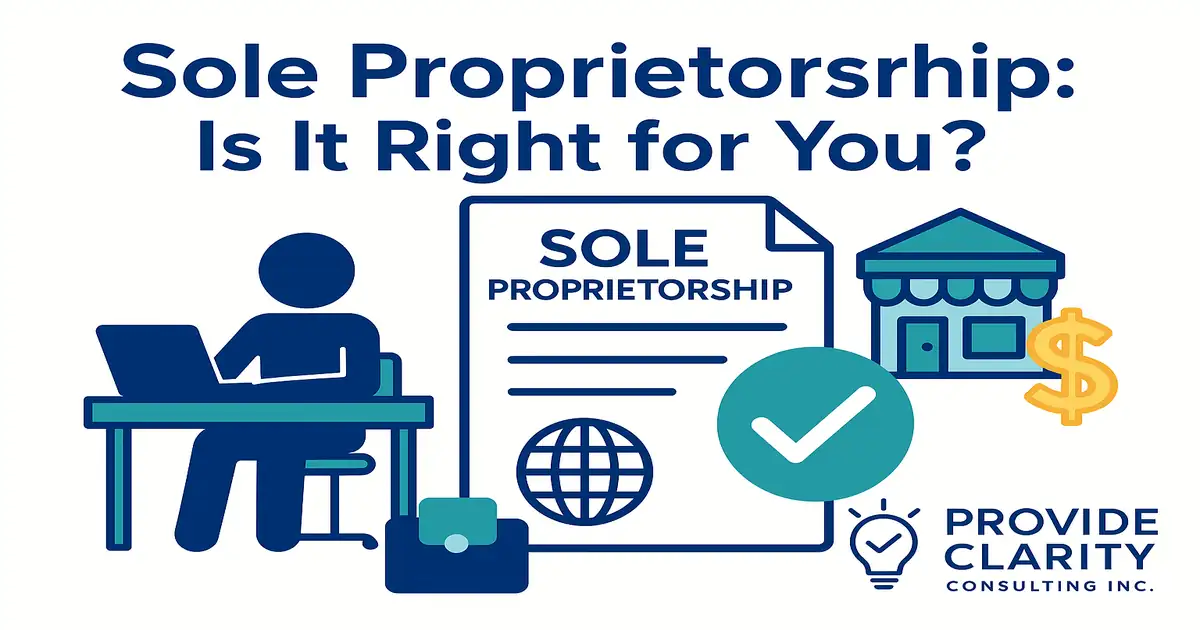Limited Liability Company: Flexibility is the Key
An Overview of Limited Liability Companies
A Limited Liability Company, often abbreviated as LLC, is a popular business structure in the United States. It's a hybrid structure, providing the benefits of both a corporation and a partnership. The unique characteristics of an LLC make it flexible, allowing it to adapt to various business needs.
Key Features of an LLC
An LLC has several key features that make it flexible and appealing:
- Limited liability: This is a crucial feature of an LLC. It means that business owners, also known as members, are not personally liable for the company's debts and lawsuits.
- Pass-through taxation: This feature allows profits and losses to pass through the business to the members. The members then report these on their tax returns, avoiding double taxation.
- Flexibility in management: LLCs don’t require a board of directors or annual meetings. Members can manage the business directly, or they can appoint managers.
- No ownership restrictions: LLCs can have any number of members. These members can be individuals, corporations, or even other LLCs.
Understanding these features and how they apply to your specific business can be complex. To get personalized advice, you can book a consultation with our team of experts.
Benefits of an LLC: Flexibility in Action
The inherent flexibility of an LLC structure offers several advantages that can support the growth and sustainability of your business.
Customizable Operating Agreement
LLCs can draft an Operating Agreement. This document outlines the internal operations of the business. It's customizable, allowing members to define their financial and managerial rights and duties. This flexibility enables LLCs to adapt their operations according to their needs and circumstances.
Flexibility in Taxation
LLCs also offer flexibility in taxation. By default, an LLC is a pass-through entity for tax purposes. However, LLCs can choose to be taxed as a corporation if it's more beneficial. This flexibility allows LLCs to adopt the most advantageous tax structure for their specific situation. For details about your tax obligations and how to optimize them, check out our transparent pricing for our expat tax services.
Asset Protection
Another significant advantage is the protection of personal assets. In an LLC, members' personal assets are separated from the company's liabilities. This feature can protect your personal assets in case of business debts or legal issues.
How to Form an LLC
Forming an LLC involves several steps:
- Choose a unique name for your LLC.
- File the Articles of Organization with your state's Secretary of State office.
- Create an Operating Agreement.
- Obtain an Employer Identification Number (EIN) from the IRS.
While these steps provide a general guide, the specific requirements may vary from state to state. It's always advisable to consult a professional to ensure that you're meeting all legal requirements.
Conclusion
The flexibility of an LLC makes it a popular option for many businesses. Its features offer the benefit of limited liability, flexible management, and tax advantages. However, it's essential to understand the specific laws and regulations in your state when forming an LLC.
If you're considering forming an LLC, or if you want to optimize your existing LLC structure, don't hesitate to reach out to us. Our team of experts can provide personalized advice and guidance. Book a consultation today to take the first step towards leveraging the flexibility of an LLC for your business success.




